Prevagen
TINA.org investigated the marketing of Prevagen, a supplement aimed at people suffering from memory loss, and found that Quincy Bioscience — the marketer and manufacturer of Prevagen — deceptively claimed the product could improve memory without having competent or reliable scientific evidence to support such a claim.
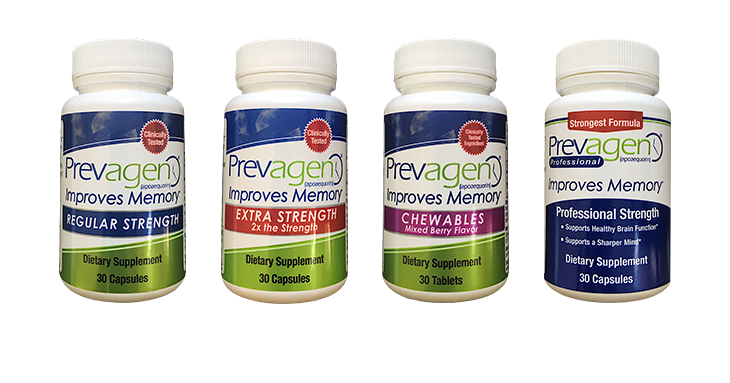
Highlights
- Notified company of findings
- Filed complaint with FTC
- FTC and NY attorney general filed enforcement action
- Notified major TV networks airing Prevagen ads of deception
- Filed brief in Second Circuit supporting FTC and NY attorney general's suit
- Objected to class-action settlement
- Jury determined marketing for Prevagen materially misled consumers
Timeline
2024
March 11
After a trial in the New York Attorney General’s case against Quincy Bioscience, a jury determined that the company materially misled consumers by advertising Prevagen as able to reduce memory problems associated with aging without having competent and reliable scientific evidence to support this claim.
2022
July 5
The District Court in the FTC’s and New York Attorney General’s case dismissed claims brought against the president and co-founder of Quincy Bioscience Mark Underwood for jurisdiction reasons.
2021
September 17
The FTC’s claims for monetary relief in its lawsuit against Quincy Bioscience are dismissed When a complaint is dismissed without prejudice, an amended version of the complaint can be refiled. due to the Supreme Court’s decision in the AMG Capital Mgmt., LLC v. FTC case.
2020
November 18
After a Final Fairness Hearing, the Collins Court grants final approval of the settlement agreement.
November 16
The FTC sends a letter to the Collins Court to address certain arguments made in the parties’ responses to TINA.org’s amicus brief. Among other things, the FTC stated that (1) the absence of a formal brief from the FTC (or NYAG) opposing the proposed settlement should not be interpreted as acquiescence to, or approval of, the settlement terms; (2) it continues to believe that Quincy Bioscience has not proffered competent and reliable scientific evidence to substantiate memory or other cognitive claims for Prevagen; and (3) the FTC and NYAG intend to proceed with their law enforcement action and will seek both broad injunctive relief and related equitable relief including restitution in the form of consumer refunds.
November 9
Plaintiffs and defendant in the Collins case respond to TINA.org’s brief. Both parties argue, among other things, that the FTC’s lack of objection in this case amounts to its tacit approval of the proposed settlement terms.
Prevagen Plaintiffs’ Response to TINA.org Objection
Prevagen Defendants’ Response to TINA.org Objection
October 27
TINA.org files a brief as amicus curiae opposing the proposed settlement in the Collins case, as well as a Motion for Leave to file the brief.
June 24
The parties in the Collins case reach a settlement agreement.
2019
July 18
TINA.org sends a follow-up letter to the FTC regarding ineffective changes to Quincy Bioscience’s deceptive marketing for Prevagen.
July 11
A class-action lawsuit is filed against Quincy Bioscience for falsely advertising that Prevagen improves memory within 90 days and supports “Healthy Brain Function,” “Sharper Mind,” and “Clearer Thinking.” The case is called Collins v. Quincy Bioscience, LLC.
May 16
TINA.org provides comment to the FDA regarding supplement marketers’ use of unsubstantiated disease-treatment claims (providing Prevagen’s marketing as an example), and urging the agency to do more to protect susceptible populations, including the elderly.
February 21
The Second Circuit Court of Appeals issued a Summary Order vacating the District Court’s judgment and remanding the case for further proceedings.
January 4
The Second Circuit Court of Appeals grants TINA.org’s Motion for Leave to file an amicus brief.
2018
March 6
TINA.org, AARP, AARP Foundation, National Consumers League, and a group of advertising law academics file a Motion for Leave to file an amici curiae brief in support of reversing the District Court’s decision.
March 5
The FTC files its appellate brief arguing that its case was improperly dismissed by the District Court.
February 28
The New York AG files its appellate brief arguing that its case was improperly dismissed by the District Court.
2017
November 15
The FTC and New York AG file Notices of Appeal indicating that they will be appealing the dismissal decision to the Second Circuit Court of Appeals.
October
The BBB changes its rating of Quincy Bioscience back to an A+.
September 28
The FTC and New York Attorney General’s lawsuit filed against Quincy Bioscience was dismissed because the Court determined that they failed to show that the company lacks proper substantiation for its claims about Prevagen’s ability to improve memory.
January 10
The BBB changes its A+ rating of Quincy Bioscience to “No Rating.”
January 9
The FTC, together with the New York Attorney General, file a lawsuit against Quincy Bioscience for its deceptive advertising of Prevagen as able to improve memory.
After the filing of the lawsuit, TINA.org sends letters to the same five major TV networks it had notified in January 2016 (ABC, NBC, FOX, The Weather Channel, and Turner Broadcasting System) to notify them of the federal lawsuit filed against Quincy Bioscience and urging them to cease airing ads for Prevagen. TINA.org also sends a letter to the BBB notifying it of the lawsuit and urging it once again to re-evaluate its A+ rating of the company.
2016
January 19
TINA.org sends letters to five major TV networks (ABC, NBC, FOX, The Weather Channel, and Turner Broadcasting System) that air Prevagen commercials putting them on notice that the commercials are deceptive and in violation of the networks’ own stated policies to only air truthful marketing.
TINA.org also sends a letter to the BBB calling on the organization to re-evaluate its A+ rating of Quincy Bioscience.
2015
September 17
After getting no response from Quincy Bioscience, TINA.org sends a complaint letter to the FTC urging the agency to take action to halt the company’s deceptive marketing of Prevagen.
September 8
TINA.org sends a warning letter to Quincy Bioscience regarding its deceptive marketing campaign for Prevagen, and asking that the company correct the issues within one week.
2012
October 16
The FDA sends a warning letter to Quincy Bioscience for, among other things, marketing Prevagen as a drug by claiming it can cure, mitigate, treat, or prevent disease, without FDA approval. At the time of the FDA’s warning letter, Quincy Bioscience specifically referred to Alzheimer’s Disease in some of its marketing materials.
Featured
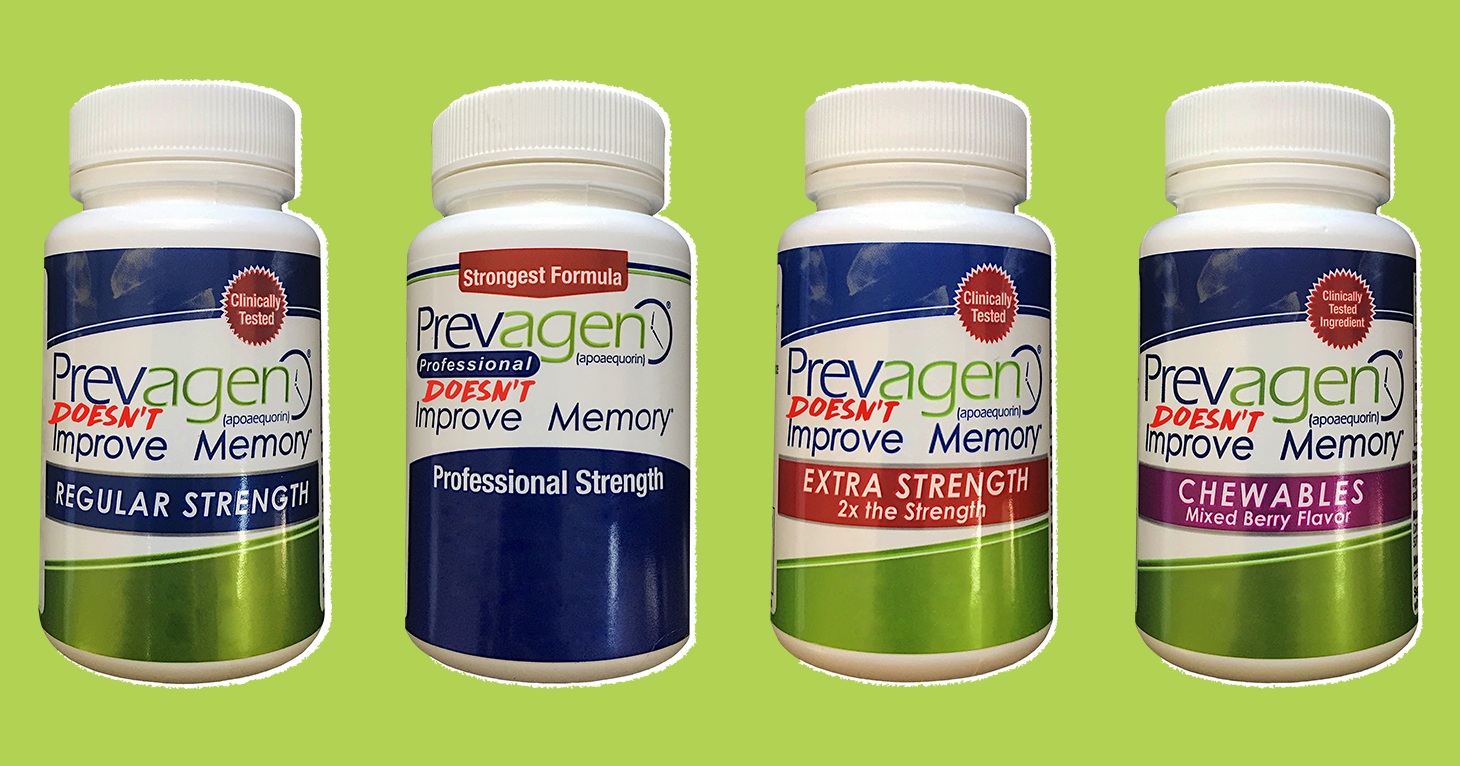
Prevagen Memory Study Falls Short
TINA.org, AARP and others file legal brief urging court to reverse dismissal of Prevagen case.
The Latest
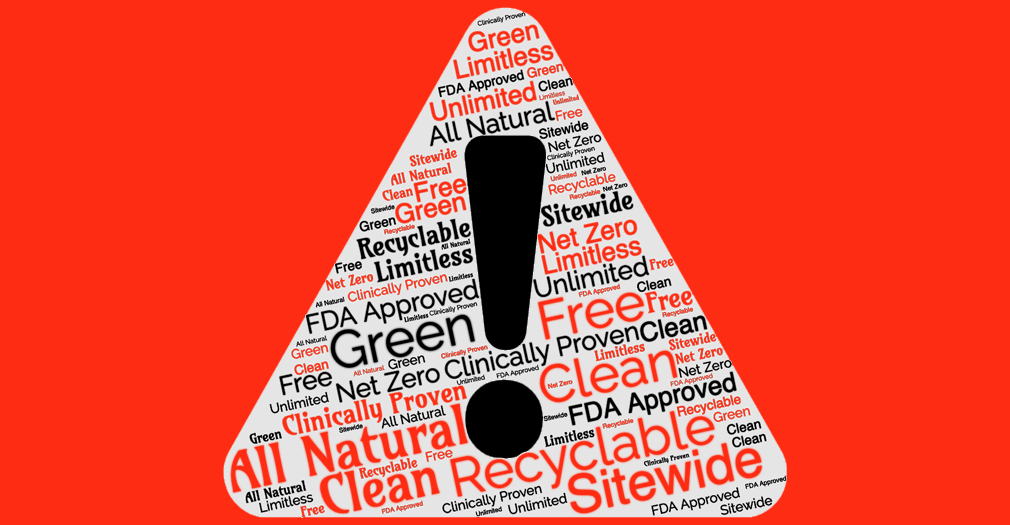
April Fools: How Some Companies Prank Consumers with Common Marketing Terms
These definitions are a joke.
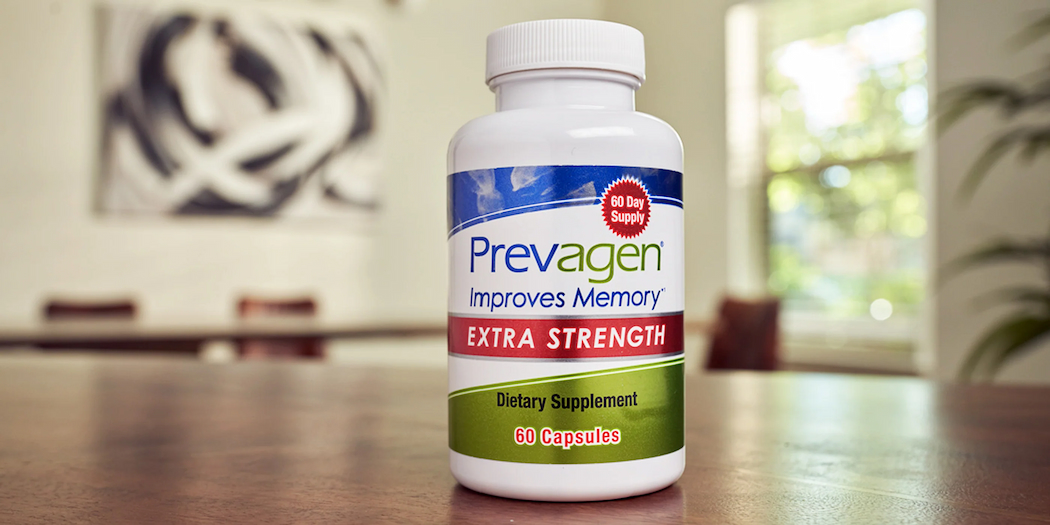
Jury Hands Down a Verdict in Prevagen Deceptive Marketing Case
Verdict comes nine years after TINA.org alerted regulator to supplement’s unsubstantiated health claims.
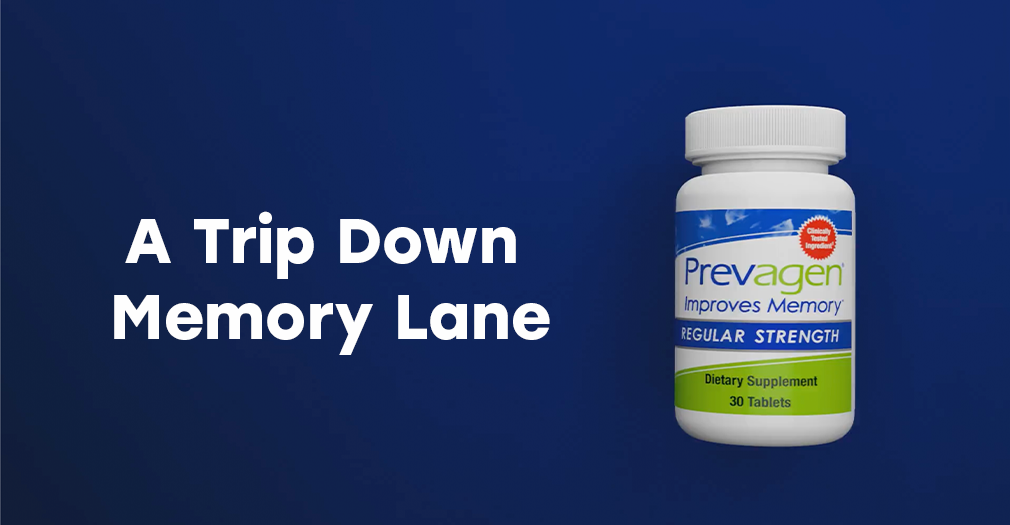
Will Prevagen’s Deceptive Advertising Ever End?
Eight years after TINA.org alerted regulators, supplement ads continue to convey deceptive and misleading memory improvement claims.
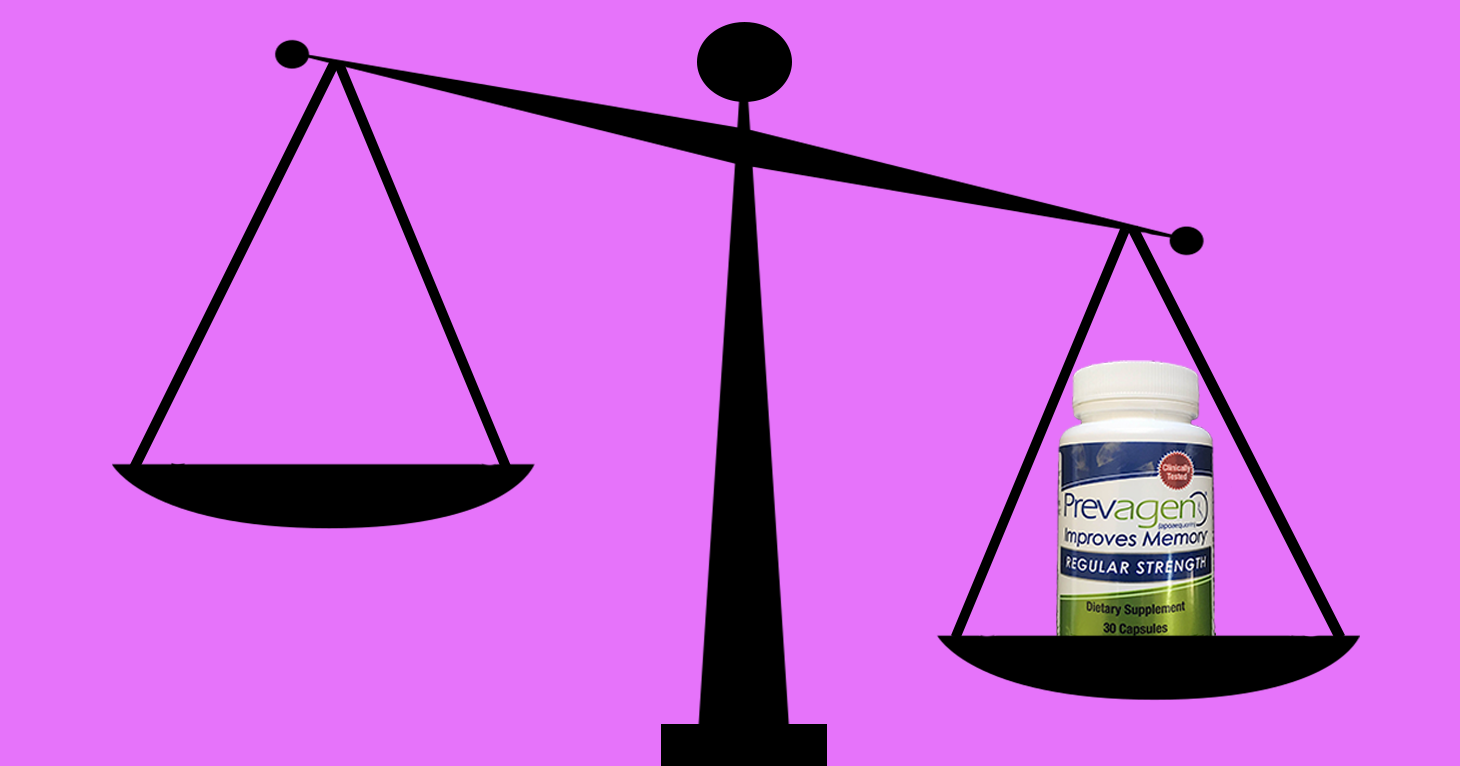
Prevagen: The Dismal Facts & Figures that Led to TINA.org’s Objection
Pending class-action settlement leaves consumers behind.
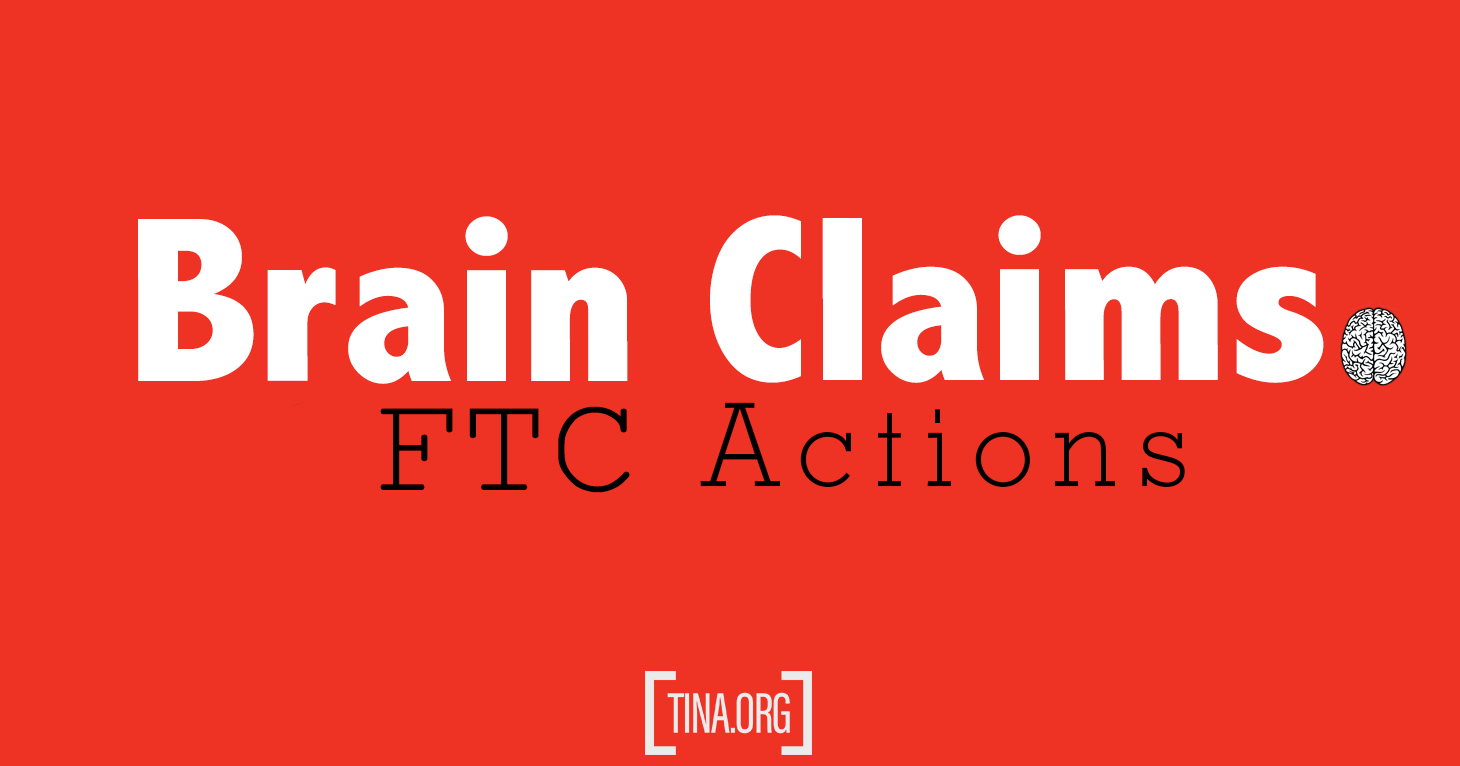
FTC Brain Claims Cases Since 1995
Since 1995, the FTC has brought nearly 70 actions over deceptive brain claims.
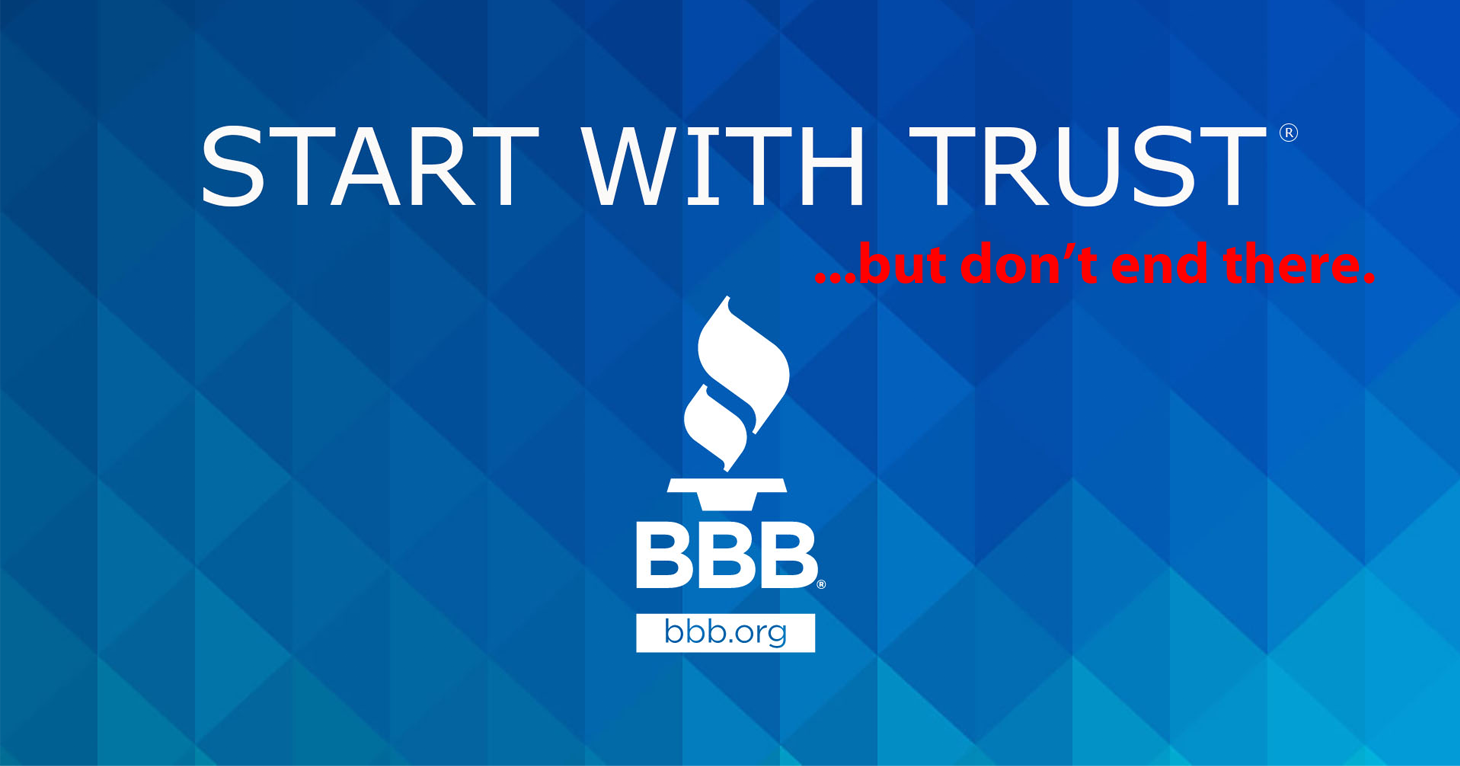
Five Reasons the BBB Shouldn’t Be Your Only Stop
Researching a company shouldn’t be one-stop shopping.

How Amazon Promotes, Profits from Deceptively Marketed Brain Supplements
The largest retailer in the world isn’t just turning a blind eye to the deceptive marketing of these products.

5 Ad Trends to Be Wary of in 2020
CGI influencers are here.

Thinking about Taking a Supplement for Brain Health? Not So Fast
Brain experts say save your money.

Comment at FDA Public Meeting on Dietary Supplements
Comment made by TINA.org executive director, Bonnie Patten at the FDA’s public meeting on Responsible Innovation in Dietary Supplements held on May 16, 2019. Thank you for the opportunity to…
Class-Action Tracker
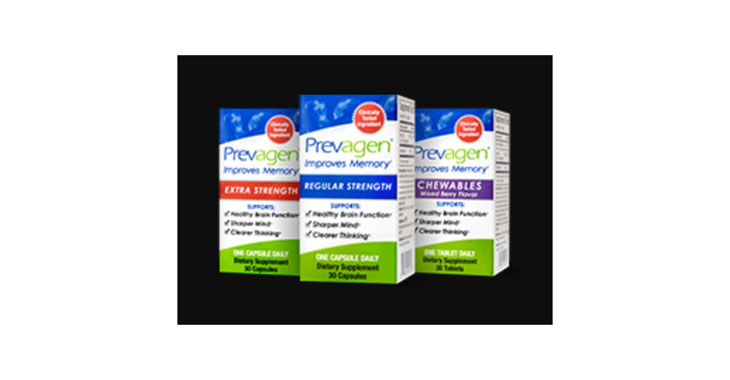
Prevagen
False advertising class-action lawsuits filed against Quincy Bioscience regarding its marketing of Prevagen